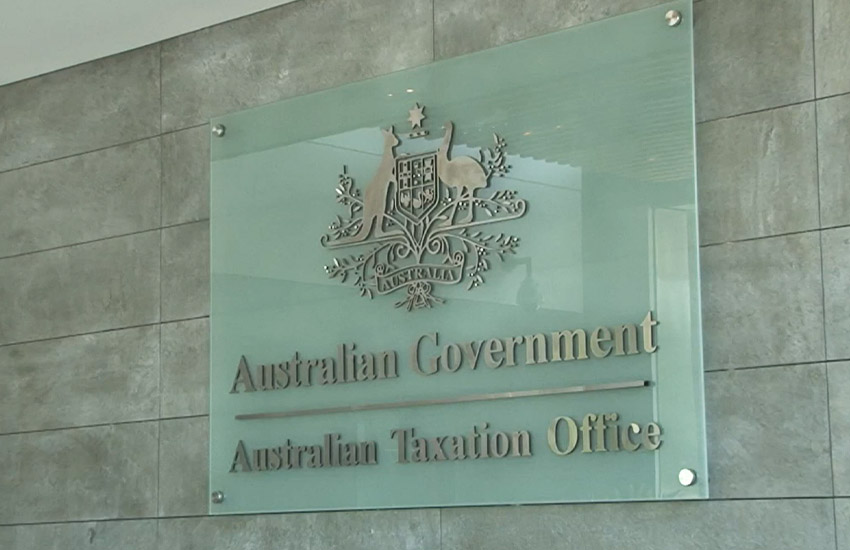Last week, the ATO confirmed that it was working towards a 1 July 2021 start date for STP Phase 2, which will see employers required to report additional payroll information each payday.
Some of the key changes include a disaggregation of gross income to include more granular data, supporting child support agency deductions and reporting, introducing a lump-sum tuple, and removing the onboarding tuple.
You’re out of free articles for this month
In a submission to the ATO and the government, CPA Australia, Chartered Accountants Australia and New Zealand, Institute of Public Accountants, The Tax Institute, the Institute of Certified Bookkeepers, Tax & Super Australia, National Tax and Accountants’ Association Ltd and Australian Bookkeepers Association, have now called for the start date to be delayed to 1 July 2022.
The joint bodies believe the proposed deadline is unrealistic, given the greater magnitude of change in comparison to the first phase of STP.
They believe the impacts of COVID-19 have not been reflected in the six-month deadline, with no consideration of the workloads faced by employers, tax practitioners and digital service providers.
“Tax practitioners have spent a significant part of the year focused on economic stimulus measures and business survival, often without recompense,” the joint bodies said.
“They are now focused on tax compliance, business recovery and implementing the government’s next tranche of measures intended to support the business community and Australians recover from COVID-19.
“Many have minimal capacity to cope with additional pressures or costs associated with further compliance and regulatory requirements.”
The bodies also argue that awareness across the profession and the business sector is limited, with practitioners still working towards transitioning micro employers and businesses with closely held payees to report through STP phase 1.
The 1 July deadline will also coincide with the financial year-end for most businesses, with finance, reporting and accounting functions likely to struggle to implement a new payroll system alongside other year-end requirements.
“Contrary to what is suggested [in] the explanatory statement, we do not believe that the compliance cost associated with Phase 2 will be minor,” the joint bodies said.
“We consider that the cost to employers to obtain an STP Phase 2-enabled payroll solution, and then transition to the STP Phase 2 requirements, will be significant.
“In addition to software outlay, the human cost associated with collating the necessary information cannot be underestimated.”
The government has also been told that rushing the implementation of Phase 2 will likely see poorer data being reported, negatively impacting the quality of information received and used by government agencies.
The joint bodies believe a deferral to 1 July 2022 will allow tax practitioners, employers and digital service providers to understand and implement the changes, develop the right payroll software options, and allow for the reconfiguration of each employee’s details within the software.
The ATO’s consultation on the proposed deadline will continue until 14 January 2021.
Jotham Lian
AUTHOR
Jotham Lian is the editor of Accountants Daily, the leading source of breaking news, analysis and insight for Australian accounting professionals.
Before joining the team in 2017, Jotham wrote for a range of national mastheads including the Sydney Morning Herald, and Channel NewsAsia.
You can email Jotham at: This email address is being protected from spambots. You need JavaScript enabled to view it.

 Login
Login







